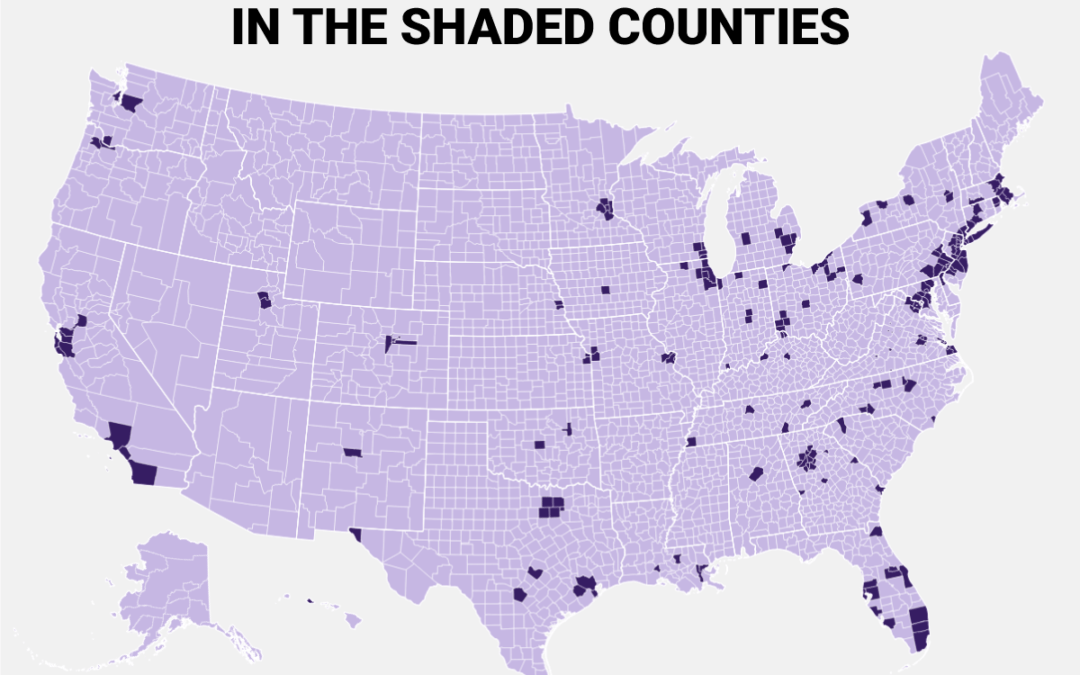Last month, WeWork announced a massive ~$450M fundraise that values the company at $10B. As with much of the recent fundraising news, the immediate speculation from media outlets was that this is yet another sign of “the bubble” forming in Silicon Valley. We would like to offer a different perspective.
It is certainly the case that WeWork has benefited from the general trend of loose monetary policy leading to an increased number of startups being funded and needing essentials like office space. Compound this with a real estate shortage in places like New York and San Francisco and you have the makings of an inflated business model, ripe for the popping. But if you look deeper, there is an underlying trend that WeWork is capturing: the US (and global) workforce is increasingly becoming urban and mobile, and this is only predicted to continue. Additionally, the freelancer workforce is growing incredibly fast, driven by a new generation of workers often called “millennials” that view the nature of work much differently than previous generations. What’s missing is an infrastructure to reduce the friction involved in allowing this mobile, flexible workforce with the means to operate in any physical location where there is an opportunity for work. This is what WeWork is creating.
But it’s not just about office space. While this is currently WeWork’s core offering, in the very near term we expect that WeWork will add a complementary service around community living, let’s call it “WeVillage” for now. These community living environments will be not unlike the college living experience that much of the new workforce today is very familiar with. With this, WeWork will be able to offer a subscription model to allow anyone to physically move to and work from any urban environment where WeWork has facilities.
Consider for a moment the impact of such an offering. Imagine that you had one monthly fee, and with that you could live in any city without worrying about being able to work with adequate office facilities or having to sign a 1 year lease for an apartment to live in. What would hold you back from relocating to a new city? What would hold back a company from expanding into a new metropolitan economy? The friction will drop precipitously which will have a direct impact on the US economy as businesses and workers connect more fluidly. All of this being driven by the infrastructure powered by WeWork.
The takeaway to all of this is that the combination of WeWork and WeVillage form a “platform” that will enable a new generation of workers to efficiently connect with opportunities that best leverage their skill set, regardless of physical location. Investors like platforms because they typically result in a winner-take-all outcome, and in the case of WeWork investors have piled in. Over the next five years, we can expect an ecosystem to emerge centered around catering to an increasingly mobile workforce. With this, anticipate massive disruption in realty (both office and residential), dining/catering, and furniture/equipment rental markets, just to name a few. And to the new generation of workers, over the next five years the question of what city you live in will take on a new meaning, but it will likely encompass the darker shade areas on the map above.
